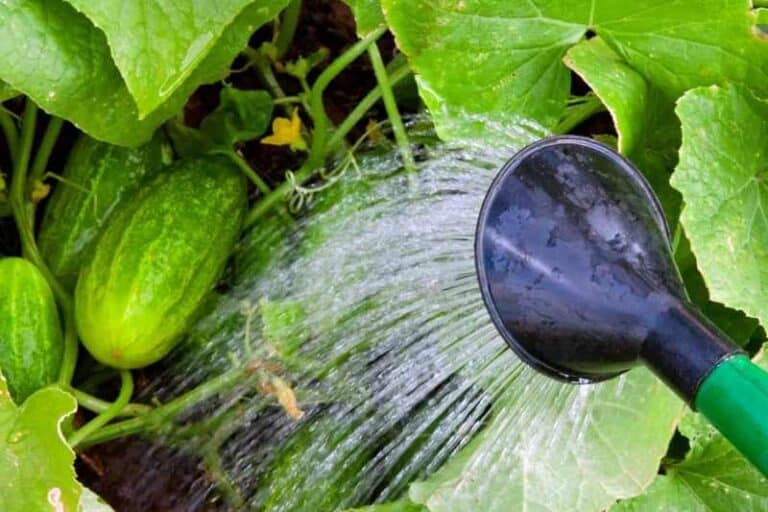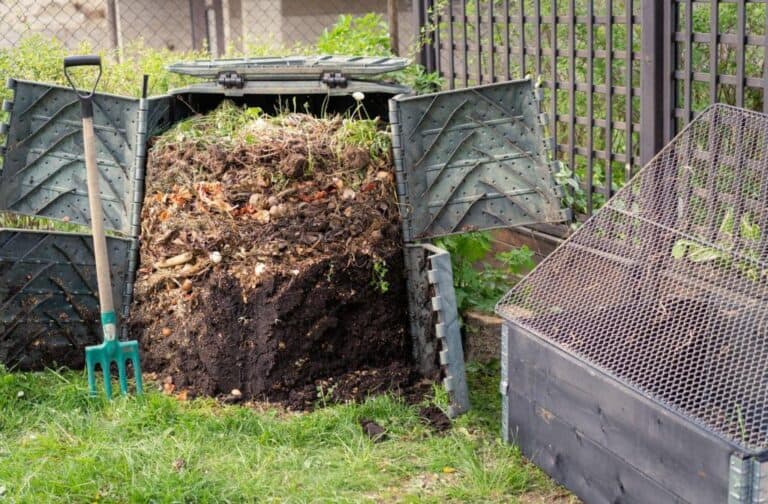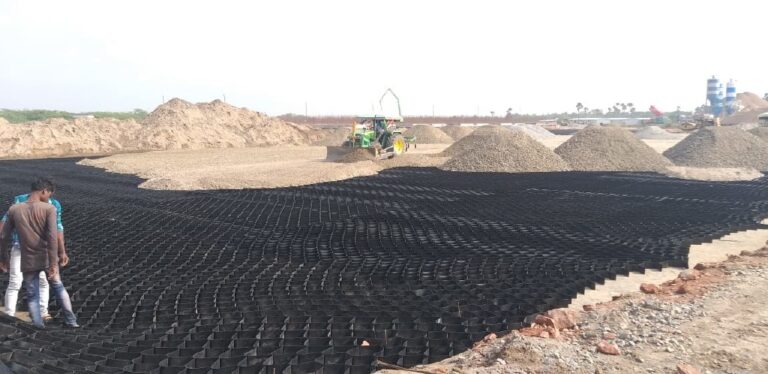How Does Organic Farming Improve Soil and Water Quality?
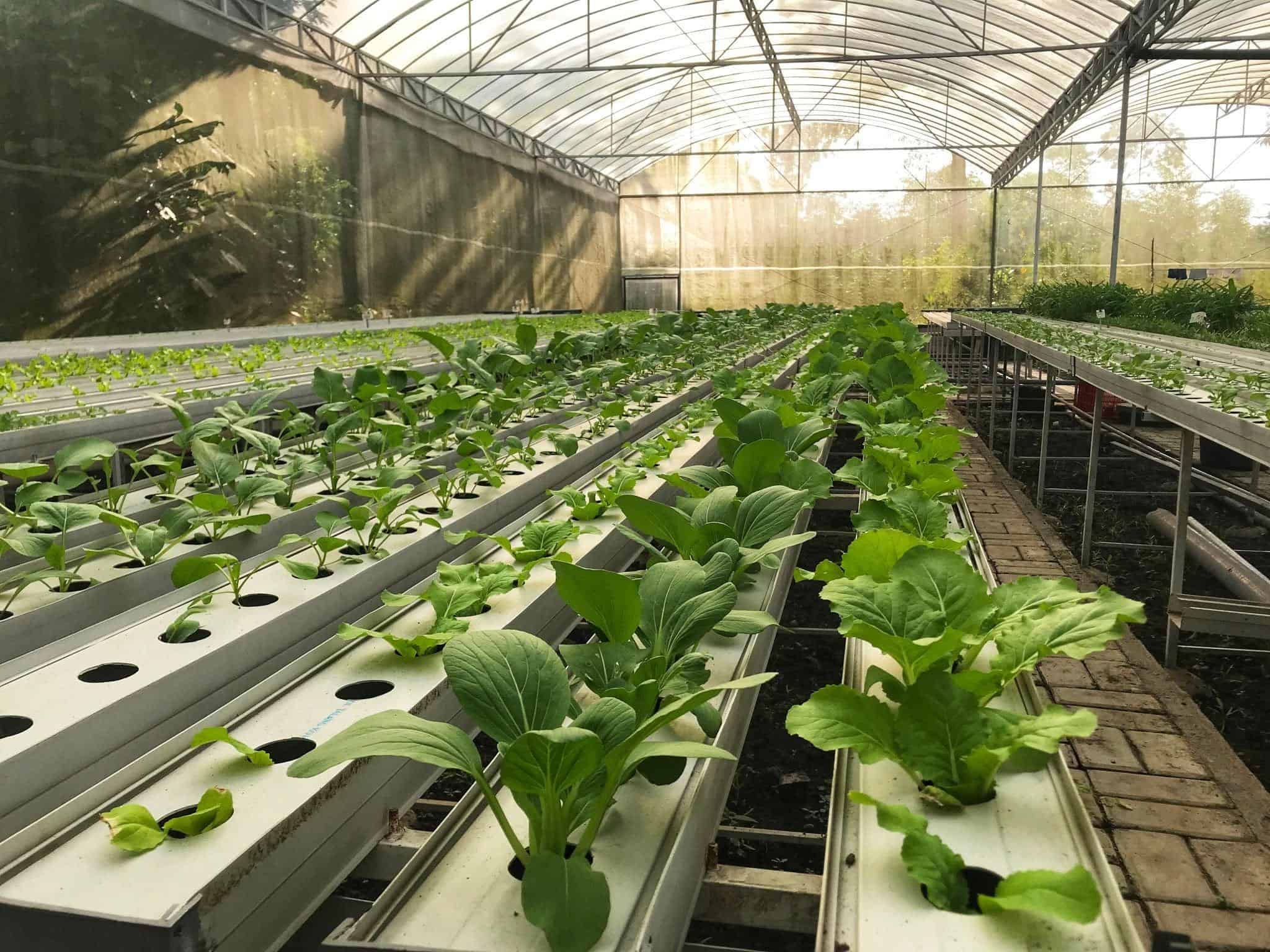
In a world where environmental concerns are at the forefront of our minds, organic farming emerges as a beacon of hope. With its roots firmly planted in sustainable practices and natural harmony, this farming method brings forth a fascinating question: How does it work its magic on soil and water quality?
Picture vast fields of flourishing crops and happy, healthy animals, all thriving without the aid of harmful chemicals. Organic farming, like a nurturing guardian of the land, embraces ingenious techniques to restore and revitalize our precious soil. But that’s not all; it extends its embrace to our water sources, safeguarding them from contamination and pollution.
Join us as we embark on an enlightening journey into the wonders of organic farming, where the soil comes alive and the water runs clear. Let’s unlock the secrets of this ecological elixir and unveil the ways it fosters a greener, more sustainable future for generations to come.
Introduction to Organic Farming
Organic farming is a comprehensive approach to agriculture that centers around a symbiotic relationship with nature. Organic farming is different from conventional farming, which often relies on synthetic chemicals and practices that can degrade the environment. Organic farming places a premium on sustainability and the preservation of ecosystem health.
The foundation of this method lies in its commitment to fostering harmonious coexistence between crops, soil, water, and the surrounding environment.
Key Principles of Organic Farming
- Natural Inputs: Organic farming emphasizes the use of natural sources for fertilization, such as compost, manure, and cover crops, which enrich the soil with nutrients over time.
- Biodiversity: Diverse crop rotations, mixed crop planting, and maintaining natural habitats encourage a variety of species to flourish, promoting balanced ecosystems and natural pest control.
- Chemical Reduction: Organic farming drastically reduces or eliminates synthetic pesticides and herbicides, minimizing potential harm to human health and the environment.
- Soil Health: Practices like minimal tillage, cover cropping, and the addition of organic matter foster soil structure, water retention, and nutrient availability.
The significance of organic farming extends beyond individual farms. By cultivating crops through methods that prioritize ecological harmony, this approach contributes to improved soil structure and water quality, reduced pollution, and enhanced biodiversity. Additionally, consumers benefit from access to foods that are grown with fewer chemical residues, potentially leading to better health outcomes.
| Key Principles of Organic Farming | Benefits of Organic Farming |
| Natural Inputs | Improved soil structure and fertility |
| Biodiversity | Reduced pollution and enhanced biodiversity |
| Chemical Reduction | Access to foods with fewer chemical residues |
| Soil Health | Promotes water retention and nutrient availability |
Organic Farming Techniques
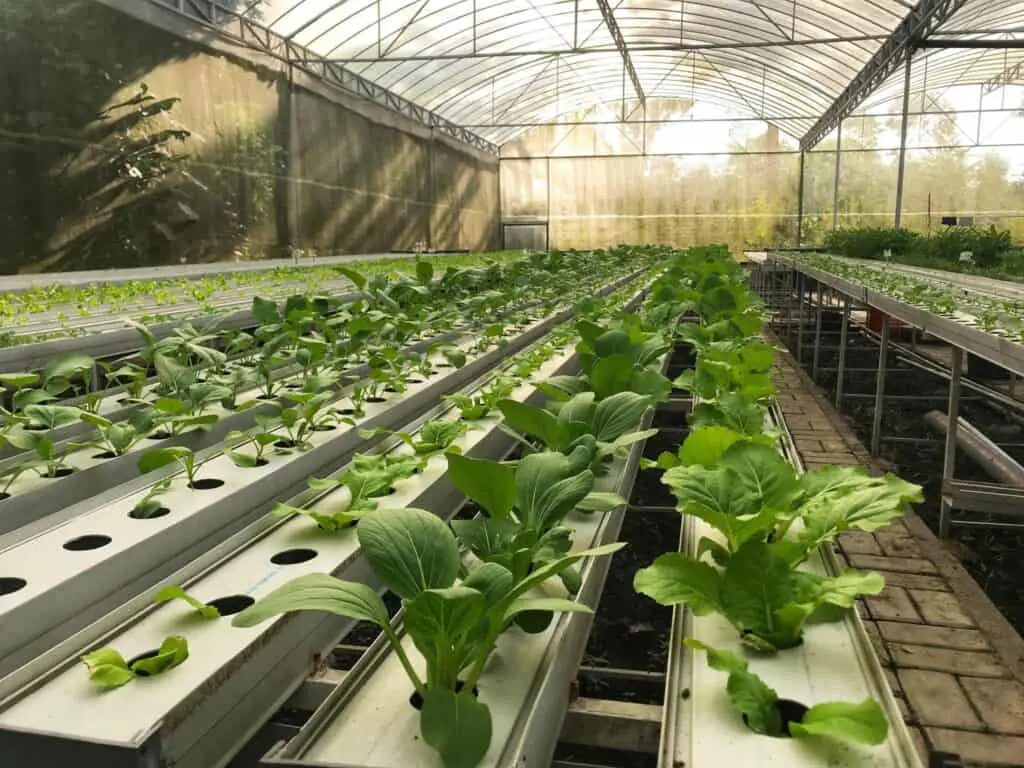
Organic farmers employ a variety of methods to improve soil and water quality. Some of the essential techniques include:
- Crop Rotation: Crop rotation is a fundamental practice in organic farming that involves growing different crops in sequential seasons. This method helps break the cycle of pests and diseases that can build up in the soil when the same crop is grown continuously. Additionally, different crops have varying nutrient needs, and rotating them helps maintain soil fertility.
- Composting: Organic farmers use compost made from kitchen scraps, crop residues, and different animal manure to enrich the soil. Compost is rich in organic matter, which improves soil structure and enhances its ability to hold water, reducing the risk of erosion.
- Cover Cropping: Cover cropping involves planting specific crops like legumes during the off-season. These cover crops help prevent soil erosion, retain moisture, and add nutrients to the soil when they are plowed back into the ground.
- Intercropping: Intercropping refers to planting two or more crops in close proximity. This technique helps maximize land use and biodiversity, which enhances soil health and protects against pest infestations.
Organic Farming’s Impact on Soil Quality
Organic farming practices have several positive effects on soil quality, including:
1. Improved Soil Structure
By avoiding the use of synthetic chemicals, organic farming allows beneficial microorganisms to thrive in the soil. These microorganisms help decompose organic matter, creating humus that improves soil structure. As a result, the soil becomes more porous and better aerated, allowing plant roots to penetrate deeper and access nutrients and water more efficiently.
2. Enhanced Water Retention
Organic matter-rich soils have better water retention capabilities. Compost and other organic materials act like sponges, absorbing and holding water, which reduces water runoff and helps maintain soil moisture during dry periods. This is especially beneficial in regions prone to drought.
Read: Do You Water Mulch After or Before Putting It Down?
3. Reduced Erosion
Erosion is a significant concern in conventional farming, where tilling and chemical use degrade the soil’s structure. Organic farming practices help prevent erosion by keeping the soil covered and anchored. This protects topsoil, which is crucial for supporting plant growth and maintaining soil fertility.
4. Increased Biodiversity
Organic farms tend to support higher levels of biodiversity compared to conventional farms. The absence of chemical pesticides and herbicides encourages the presence of beneficial insects and other wildlife. This diversity contributes to a more resilient ecosystem, making the soil less susceptible to diseases and pests.
5. Balanced pH Levels
The reliance on organic matter and natural fertilizers in organic farming helps maintain a balanced pH in the soil. Soil pH affects nutrient availability to plants; a balanced pH ensures that essential nutrients are readily available, promoting healthier plant growth.
Water Quality Preservation in Organic Farming
Organic farming’s positive impact on water quality stems from its focus on reducing chemical inputs and adopting practices that safeguard water sources. Some ways organic farming benefits water quality include:
1. Minimizing Chemical Runoff
Conventional farming often involves the use of chemical fertilizers and pesticides, which can leach into water bodies and contaminate them. Organic farming employs a range of natural methods to manage pests and diseases. Organic farming’s reduced reliance on synthetic chemicals minimizes the risk of chemical runoff, keeping water sources cleaner and safer.
2. Protecting Aquatic Life
Chemical runoff from conventional farms can be harmful to aquatic life, affecting fish, amphibians, and other organisms living in water ecosystems. Organic farming’s natural approach helps protect aquatic life by preventing the introduction of harmful substances into water bodies.
3. Preventing Harmful Algal Blooms
The excessive use of chemical fertilizers can lead to nutrient runoff into water bodies, causing harmful algal blooms. These blooms can deplete oxygen levels in the water, negatively impacting aquatic organisms. Organic farming’s nutrient management practices mitigate this issue, reducing the risk of harmful algal blooms.
4. Preserving Wetlands and Riparian Areas
Organic farming often involves maintaining natural buffers, such as wetlands and riparian zones, around fields. These buffers act as filters, trapping sediment and pollutants before they reach water bodies, thus preserving water quality.
Cover Crops and Erosion Control in Organic Farming

Role of Cover Crops
Cover crops, an integral part of organic farming systems, serve as nature’s armor against soil erosion. These crops are strategically planted between the main crops to provide a protective cover for the soil. Their extensive roots anchor the soil, preventing wind or water from carrying it away. This protective layer also shields the soil from the impact of heavy rain, reducing the likelihood of erosion.
Enhancing Water Infiltration
Beyond erosion control, cover crops play a pivotal role in enhancing water infiltration. The roots of cover crops create channels in the soil, allowing water to penetrate deeper. This not only improves soil structure but also prevents surface runoff, ensuring that rainwater is effectively absorbed and stored in the soil. As a result, water is retained in the ecosystem, benefiting both plant growth and overall water quality.
Guide: When To Water Your Lawn After Applying Weed and Feed?
Conclusion
The allure of organic farming lies not only in healthier harvests but also in its profound impact on the planet. As we embrace this nurturing approach, we extend a hand to a more balanced and sustainable future. In a world grappling with the consequences of conventional agriculture, the holistic embrace of organic practices offers not just a solution but a testament to our harmonious coexistence with nature.
The footprint of organic farming on soil and water quality reverberates with undeniable significance. Through its commitment to sustainable methods, organic farming has benefits that span far beyond the surface. It’s thriving microbial communities that breathe life into the earth. Water quality preservation joins the performance, ensuring that every drop is a precious resource conserved for generations to come.
Organic farming employs techniques that enhance soil health, ensuring a thriving environment for beneficial microbial life. The eco-friendly farming methods avoid synthetic chemicals, allowing natural soil enrichment to take place. This approach not only prevents water pollution but also promotes regenerative agricultural practices that nurture the land. Through careful soil nutrient management, organic methods further contribute to the preservation of water quality.
As we explore the environmental benefits of organic farming, we uncover its role in fostering biodiversity in farming landscapes. The embrace of diverse crops and cover crops supports habitat creation, inviting a multitude of species to contribute to the ecosystem.
Erosion control in organic agriculture is another feather in its cap, as the practices employed work in tandem to preserve soil structure and prevent erosion. Nutrient retention in organic farming enhances soil fertility and reduces nutrient runoff, further safeguarding water quality.
With this holistic approach, organic farming demonstrates sustainable water management practices. By conserving water, preventing pollution, and preserving soil structure, organic methods stand as a beacon of hope for a future where agriculture and nature thrive in unison.
FAQs on Organic Farming and Soil Quality
Does organic farming eliminate the need for fertilizers?
Organic farming utilizes natural and organic fertilizers, reducing the reliance on synthetic ones, which helps protect water quality.
What evidence supports the positive impact of organic farming on water quality?
Numerous case studies have demonstrated how organic farming leads to decreased pollutants in water bodies, promoting healthier aquatic ecosystems.
Can regenerative agriculture be adopted on a larger scale?
Yes, with ongoing research and innovation, regenerative practices can be scaled up to meet food production demands while benefiting soil and water quality.
What are some innovative techniques in organic farming for the future?
Advanced cover crop management, precision organic agriculture, and sustainable soil management are among the innovative techniques being explored to enhance organic farming’s impact.



